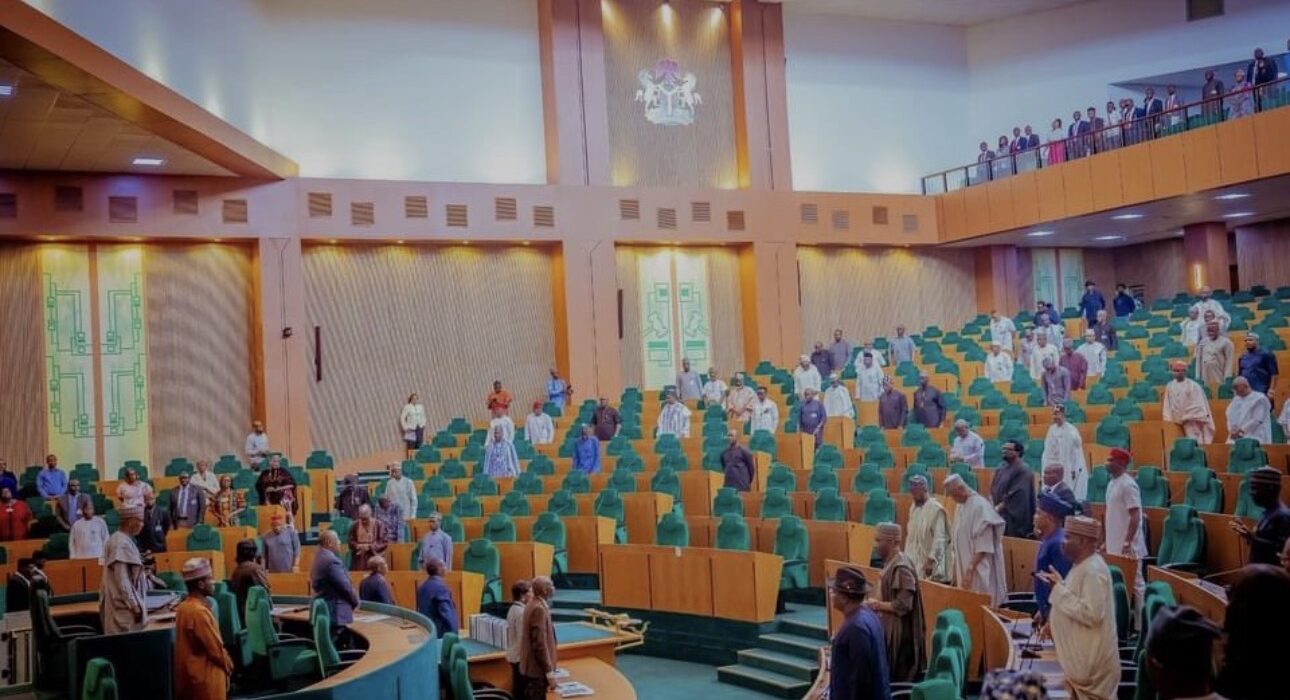N’Assembly to Decide Through Vote on Bill Creating Special Seats for Women

As the debate on women’s political representation intensifies, the National Assembly is preparing to vote on a historic bill that seeks to reserve special seats for women in both the national and state assemblies.
The bill, which has already passed second reading in the House of Representatives, aims to address the long-standing gender imbalance in Nigeria’s political space, where women remain severely underrepresented.
The bill, officially known as the Reserved Seats for Women Bill or Special Seats Bill, proposes a constitutional amendment to create additional legislative seats exclusively for women. At the federal level, it seeks to provide one special seat for women in the Senate and one in the House of Representatives from each of the 36 states and the Federal Capital Territory. At the state level, three seats would be added per state — one for each senatorial district — also reserved for women.
Advocates of the bill describe it as a necessary corrective measure to ensure that women have a stronger voice in national policy-making.
They note that out of 109 senators, only four are women, while just 16 out of 360 members of the House of Representatives are female. The picture is even bleaker at the state level: 13 of Nigeria’s 36 state assemblies currently have no female legislators at all. Overall, only 54 women were elected across 990 state assembly seats in the 2023 elections — a representation of just 5.5 percent.
Proponents argue that these figures highlight the structural barriers women face in politics, including gender bias, limited access to campaign financing, and cultural norms that discourage female political participation. The special seats, they say, are a temporary but necessary intervention to promote inclusion and strengthen democracy.
The bill, however, has not been without controversy. Some critics question whether creating additional seats would increase the size and cost of the legislature. Others argue that it may foster a sense of tokenism rather than genuine equality. Supporters counter that the measure is designed as a temporary special provision — to last for a few electoral cycles before being reviewed — and that the long-term goal remains parity achieved through open competition.
Under Nigeria’s constitutional amendment process, the proposal must be approved by both chambers of the National Assembly and ratified by at least 24 of the 36 state assemblies before it can become law. A public hearing on the bill was recently held by the House Committee on Constitution Review, and a final vote in the National Assembly is expected in early November.
Women’s rights groups, civil society organisations, and advocacy networks have been mobilising nationwide, urging lawmakers to pass the bill. They argue that increasing women’s representation will lead to more balanced governance, better policy outcomes for families and communities, and stronger democratic accountability.
If passed, the Reserved Seats for Women Bill would mark one of the most significant political reforms in Nigeria’s recent history — a move that could reshape legislative politics and bring the country closer to achieving gender equity in governance.








